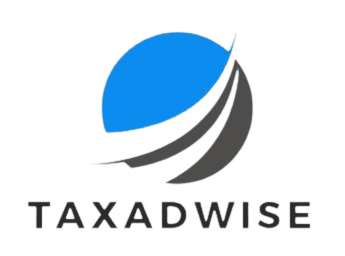What is Proprietorship?
A sole proprietorship is a business structure that is owned, managed, and controlled by one person, who is known as the proprietor. This type of business structure is easy to start and has minimal compliance requirements. However, as the proprietorship and proprietor are one and the same, there is no limited liability protection for the proprietor from the business activities conducted in the sole proprietorship. Therefore, sole proprietorship is best suited for small businesses with no more than 5 employees.
To run a proprietorship business in India, the proprietor must obtain PAN and Aadhar, GST registration, UDYAM registration, and open a bank current account. In some states, the proprietor also has to obtain Shops & Establishment Act registration. Additional licenses and permits may be required depending on the industry, state, and local regulations.
Advantages of a sole proprietorship include easy registration, lower compliance burden, simplicity, business decision-making autonomy, and complete control over business operations. However, this type of business structure has disadvantages, such as reliance on one person’s savings, borrowings, and credit history, personal liability, lack of business continuity in case of the proprietor’s death or disability, restrictions on fundraising, and being an unincorporated business.
In India, there is no platform to check the status of a sole proprietorship as it does not require registration. The proprietor is completely responsible for all the assets and liabilities of the business. There is no separate recognition of proprietorship as a separate legal entity, and hence, the business owner and the proprietorship are considered one and the same for all legal and official purposes.
Documents required?
- PAN Card
- Aadhar Card

